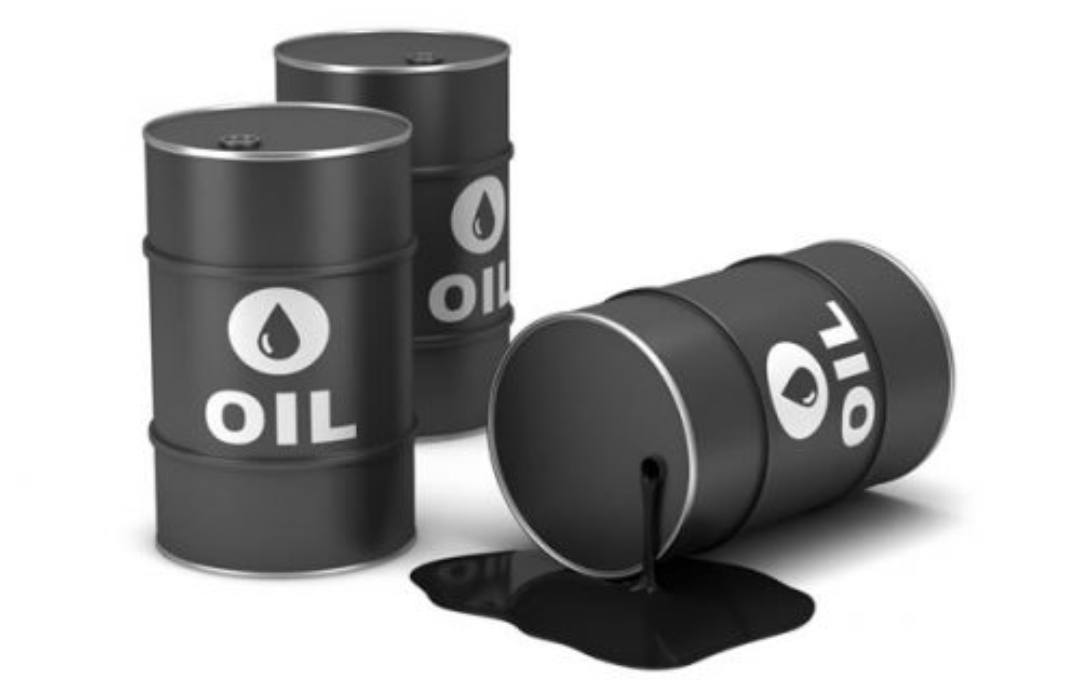
By Edu Abade
The Organization of Petroleum Exporting Countries’ (OPEC) monthly report on crude oil movement has revealed that crude oil prices fell significantly in the global market in the month of August 2024.
The report shows that the OPEC Reference Basket (ORB) value dropped by $6.02 or 7.1 percent from $84.43 per barrel in July 2024 to $78.41 per barrel.
Similarly, ICE Brent decreased by 6.0 percent or $5.00 month-on-month (m-o-m) to $78.88, while the New York Mercantile Exchange (NYMEX) West Texas Intermediate (WTI) declined by $5.02 or 6.3 percent m-o-m, averaging $75.88 per barrel.
The Nigerian Bonny Light also fell by 4.7 percent or $3.93 m/m, dropping from $83.96 in July to $78.39 in August 2024, resulting from elevated volatility in the global market, largely influenced by substantial sell-offs from non-commercial participants, including hedge funds and other money managers, who maintained an increasingly bearish outlook on crude oil prices.
The Centre for the Study of the Economies of Africa (CSEA) expressed concerns that given Nigeria’s heavy reliance on crude oil exports, the decline in prices is likely to result in reduced government revenue, leading to budget deficits and decreased spending on infrastructure and social services.
Additionally, reduced oil revenues would negatively impact foreign exchange reserves, increase public debt and limit Nigeria’s ability to meet international payment obligations.
Therefore, the government should invest in the growth and development of non-oil sectors such as agriculture, manufacturing and services to reduce overreliance on oil exports.
Moreover, encouraging the local production of petroleum products is crucial to ensure reduced prices from the sale and consumption of domestically refined petroleum, as well as to eliminate product scarcity.
Meanwhile, the National Bureau of Statistics’ (NBS) report on Value Added Tax (VAT) showed that Nigeria received ₦1.56 trillion from VAT in Q2 2024, reflecting a 9.11 percent growth rate quarter-on-quarter (Q-o-Q) from ₦1.43 trillion in Q1 2024.
This growth indicates an expansion in VAT collection, as the breakdown of VAT collections for the quarter includes ₦792.58 billion in local payments, ₦372.95 billion from import VAT and ₦395.74 billion from foreign VAT.
On a quarter-on-quarter basis, human health and social work activities recorded the highest growth rate of 98.44 percent, followed by agriculture, forestry and fishing (70.26 percent), as well as water supply, sewerage, waste management and remediation activities (59.75 percent).
Conversely, “Activities of Households as Employers, Undifferentiated Goods and Services of Households for Own Use” had the lowest growth rate, followed by real estate activities which grew by 42.59 percent.
VAT collection increased by 99.82 percent year-on-year in Q2 2024 compared to Q2 2023, highlighting significant growth in tax revenues and a rebound in economic activity.
However, there are downsides to this increase, such as higher inflation and a decrease in disposable income, as businesses are likely to pass on increased production costs to consumers, through higher prices for goods and services.
Therefore, the government must devise strategies to safeguard the most vulnerable members of society from the escalating prices of essential goods and services, and foster policies that stimulate growth in the business and manufacturing sectors, thereby increasing tax revenue from these transactions.











